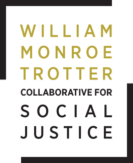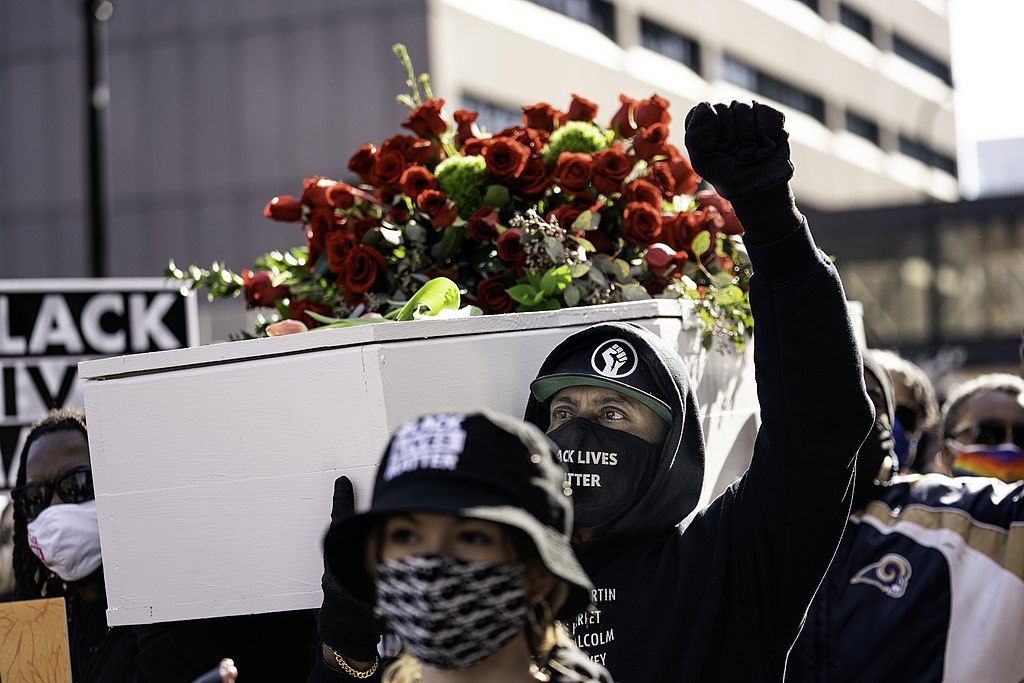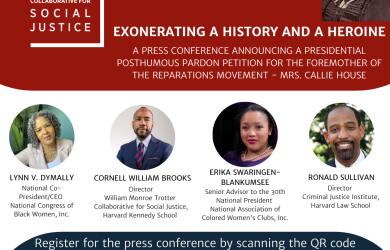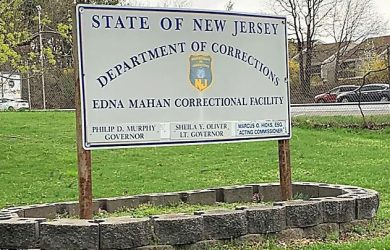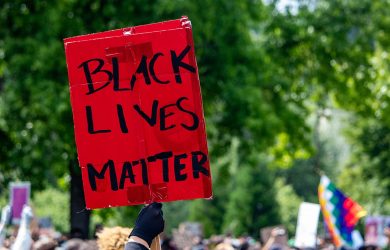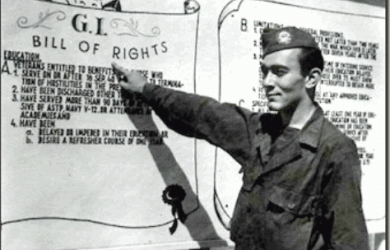There are three words to keep in mind as to Derek Chauvin’s prison sentence: severity, rarity, and legitimacy. Americans will judge this sentence, based on both the severity of the sentence and the rarity of punishing police, to determine its legitimacy. This rarity of police accountability and the modest severity of the Chauvin sentence in no way guaranties the legitimacy of this sentence. What it does suggest is that more needs to be done and can be done.
This is not a moment of celebration and satisfaction; we must remain focused on the movement to transform our criminal legal system. Overwhelmingly, police officers are not removed for misconduct in the United States. Chauvin himself was involved in at least 18 police misconduct cases before the murder of George Floyd. Overwhelmingly, police officers are not arrested, convicted, or sentenced for brutality and abuse of power. In fact, fewer than 2% of killings by police over the past 8 years have resulted in an officer even being charged with a crime. And overwhelmingly, police officers are not accountable to their victims due to qualified immunity shielding them from prosecution.
While we mark this moment of sentencing and accountability, we know it is not a call to complacency and a sense of “justice being served.” Rather, it must be a call to advocate vigilantly to end the legacy of systemic racism. The 26+ million protesters who crowded streets and parks across the United States demanding justice will not be stymied by a belief in the nation’s capacity to self-correct and “age out” of its practice of police brutality. They demanded, and we are beginning to see, courageous action aimed at transforming the system of policing itself.
To that end, the path forward necessitates a commitment at the federal, state, and local levels to restructure the system of policing, defund programs that do not work, and invest in communities historically vulnerable to predatory policing. At the federal level, the George Floyd Justice in Policing Act is currently being negotiated in our nation’s capital. These negotiations are critically important to advance public policy measures such as ending qualified immunity, mandating body cameras, banning chokeholds and no-knock warrants, and creating a meaningful database of police misconduct, among other priorities.
At the state and local levels, we have seen promising momentum toward meaningful transformation at the state and local level. Over the last year, students enrolled in the Harvard Kennedy School course “Creating Justice in Real Time: The Twin Pandemics of COVID-19 and Police Brutality,” taught by Prof. Cornell William Brooks and supported by the William Monroe Trotter Collaborative for Social Justice, have worked with Mayor Randall Woodfin and the Office of Peace and Policy in Birmingham, Alabama to develop a policy roadmap to reimagine public safety after the death of George Floyd. Students created similar policy roadmaps on policing in Albany, New York with Mayor Kathy Sheehan and in Somerville, Massachusetts with Mayor Joseph Curtatone. Please see an illustrative report created in collaboration with the city of Birmingham here. We are expanding our work of reimagining public safety in support of a class of about 60 mayors.
We must avoid the satisfaction of symbols and demand the substance of systemic transformation. Juneteenth is not a meaningful holiday so long as its history is banned from being taught in public schools, and the Chauvin sentence is not meaningful so long as compromises threaten to dilute the George Floyd Justice in Policing Act and other reform efforts beyond recognition. In this historic moment of reckoning, we know that transforming the practice of policing and protecting the most vulnerable move us beyond the instant gratification of criminal convictions and a prison sentence. This work, yet unfinished, requires all citizens to lend our advocacy to the movement to transform our criminal legal system.
In solidarity,
Cornell William Brooks
Faculty Director, The William Monroe Trotter Collaborative for Social Justice
Hauser Professor of the Practice of Nonprofit Organizations
Professor of the Practice of Public Leadership and Social Justice
Harvard Kennedy School
Devon Jerome Crawford
Staff Director, The William Monroe Trotter Collaborative for Social Justice
Harvard Kennedy School
